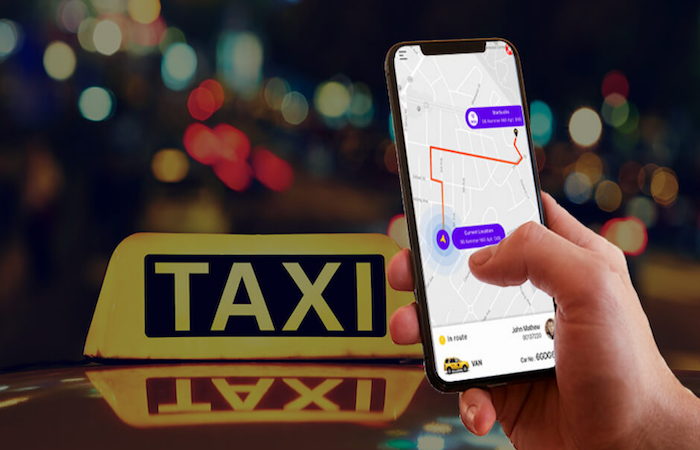
The Supreme Court has announced today (19 February) that drivers operating for taxi-hailing company Uber can indeed be legally defined as workers – with all the employment rights this accords them.
The longstanding court battle, which was first launched in the UK in 2016, could now have a significant impact on the rest of workers in the ‘gig-economy’.
The Uber case centred on determining whether drivers for a taxi-hailing company could be legally described as workers – and therefore entitled to perks and benefits, including holiday pay, minimum wage, sick pay, and rest breaks – rather than self-employed contractors, as Uber had insisted.
In a judgement issued this morning, Supreme Court justice Lord Leggatt said: “The Employment Tribunal was right to find that Uber drivers are workers.”
He said: “The Supreme Court unanimously dismisses Uber’s claims that drivers work for themselves, and that the contract drivers have is between them and their customer.”
In dismissing Uber’s claims, Lord Leggatt said: “It is Uber that sets the fare – and so it is Uber that dictates how much drivers are paid.”
He added: “Contract terms are imposed by Uber, and so Uber exercises significant control over the way drivers deliver their service. Due to a rating system – where customers rate their drivers – drivers can be terminated for working with them for failing to meet certain service levels.”
As such, the ruling determined that rather than being able to work for themselves and set their own hours, Uber “tightly defines and controls” drivers because they have no way to increase their earnings without working longer hours.
Commenting on the verdict, Anne Pritam, partner and employment lawyer at Stephenson Harwood, said: “Today’s decision changes the landscape for businesses operating in the gig economy.”
She added: “It opens the flood gates. Employers should expect a torrent of claims from individuals demanding holiday pay and the minimum wage, to which workers, but not self-employed contractors, are entitled.”
Andy Chamberlain, director of policy at the Association of Independent Professionals and the Self-Employed, said: “The very fact this case has come to the UK’s Supreme Court shows the UK’s employment law is not working. There is a glaring need for clarity in this area, to clear the confusion in the gig economy.”
Pritam said employers now face paying the extra costs associated with engaging workers, “or rethinking their fundamental business structure”.
She added: “Neither will be appealing, at a time when their balance sheets have been hit hard by the pandemic.”
In 2017, Uber lost a UK employment tribunal, brought by two drivers, Yaseen Aslam and James Farrar. The then presiding judge ruled Uber drivers should be classified as formal workers and not self-employed. This led the case being taken to appeal.